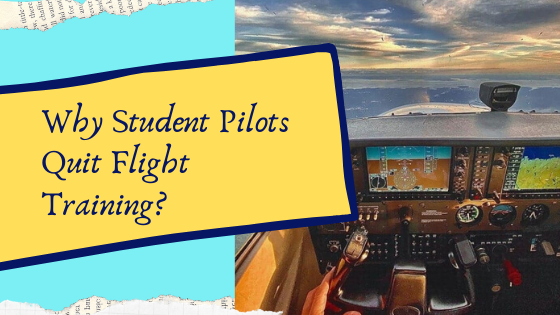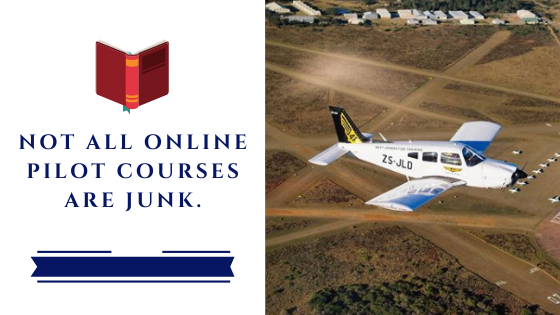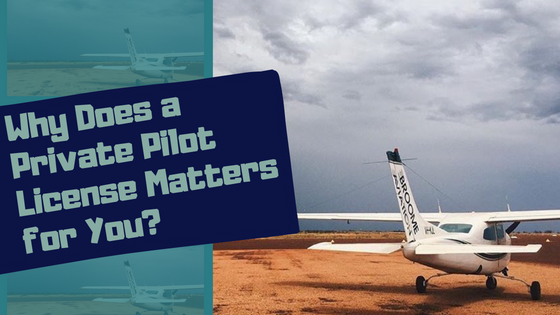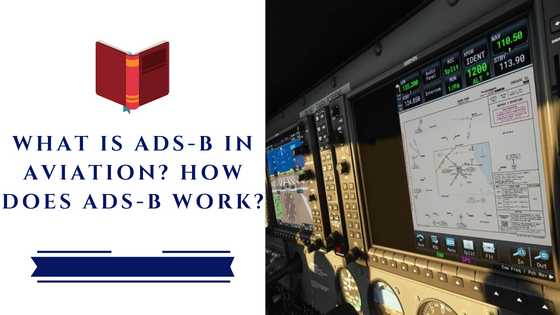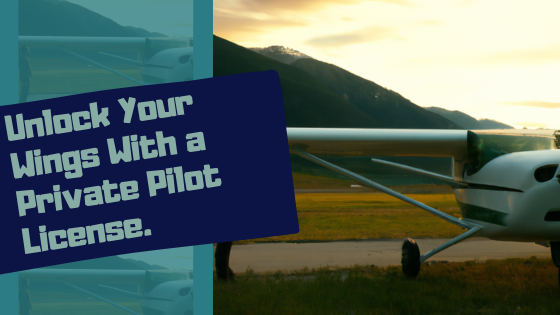Guidance for student pilots to prepare for their first solo flight.
Fear holds back many from getting their first solo flight. By understanding the requirements, you can overcome fear.
You’ll realize the significance of studying once you experience improved confidence for actual flight.
One major factor for a CFI to release a student pilot for their first solo flight is seeing how confident a student pilot is. If you can’t attain your instructor’s confidence in you yet, likely you’re not yet ready for the solo flight.
So studying indeed matters in preparing for your first solo flight. It’s one of the least spoken about, but it’s a crucial requirement for getting your solo flight.
Meeting both academic and flying requirements is crucial for getting your first solo. Unfortunately, studying is the least spoken of all conditions.
Preparing for your first solo flight.
Preparing for your first solo flight as a student pilot is an exciting and essential milestone in your flight training journey. Here are some critical steps and considerations to help you prepare for a successful solo flight:
Communicate with your Flight Instructor: Discuss your readiness and intentions to solo with your instructor. They will provide guidance, assess your skills, and ensure that you meet the requirements for a solo flight.
Review Pre-Flight Procedures: Familiarize yourself with the pre-flight inspection procedures for the aircraft you fly. This includes checking fuel levels, control surfaces, tire conditions, and other relevant systems. Ensure that you know how to perform a thorough pre-flight inspection.
Review Emergency Procedures: Refresh your knowledge of emergency procedures, including engine failures, electrical failures, and other in-flight emergencies. Review the appropriate checklists and actions to take in each situation.
Review Flight Maneuvers: Practice and review the maneuvers required for your solo flight. Ensure you are proficient in basic maneuvers such as climbs, descents, turns, and coordinated flight. Focus on maintaining precise control of the aircraft.
Plan Your Solo Flight: Work with your instructor to plan your solo flight. This may include determining the route, selecting appropriate checkpoints, and considering airspace restrictions or weather factors. Develop a thorough flight plan and discuss it with your instructor.
Weather Conditions: Pay close attention to weather conditions for the day of your solo flight. Ensure that the weather is suitable for safe flight operations. Review weather reports, forecasts, and any applicable NOTAMs (Notices to Airmen) that may affect your flight.
Mental and Physical Preparation: Ensure you are mentally and physically prepared for your solo flight. Get adequate rest, maintain a healthy diet, and stay hydrated. Avoid any distractions or stressors that may impact your focus and concentration.
Solo Flight Endorsement: Ensure your flight instructor has provided you with the necessary solo flight endorsement in your logbook. This endorsement indicates that you have met the required training and proficiency standards.
Confidence and Decision-Making: Trust in your training and the skills you have developed. Make confident decisions based on your knowledge and the information available during the flight. Remember to prioritize safety at all times.
Stay Alert and Enjoy the Experience: During your solo flight, stay focused, maintain situational awareness, and follow your planned route. Enjoy the experience and take pride in reaching this significant milestone in your pilot training.

